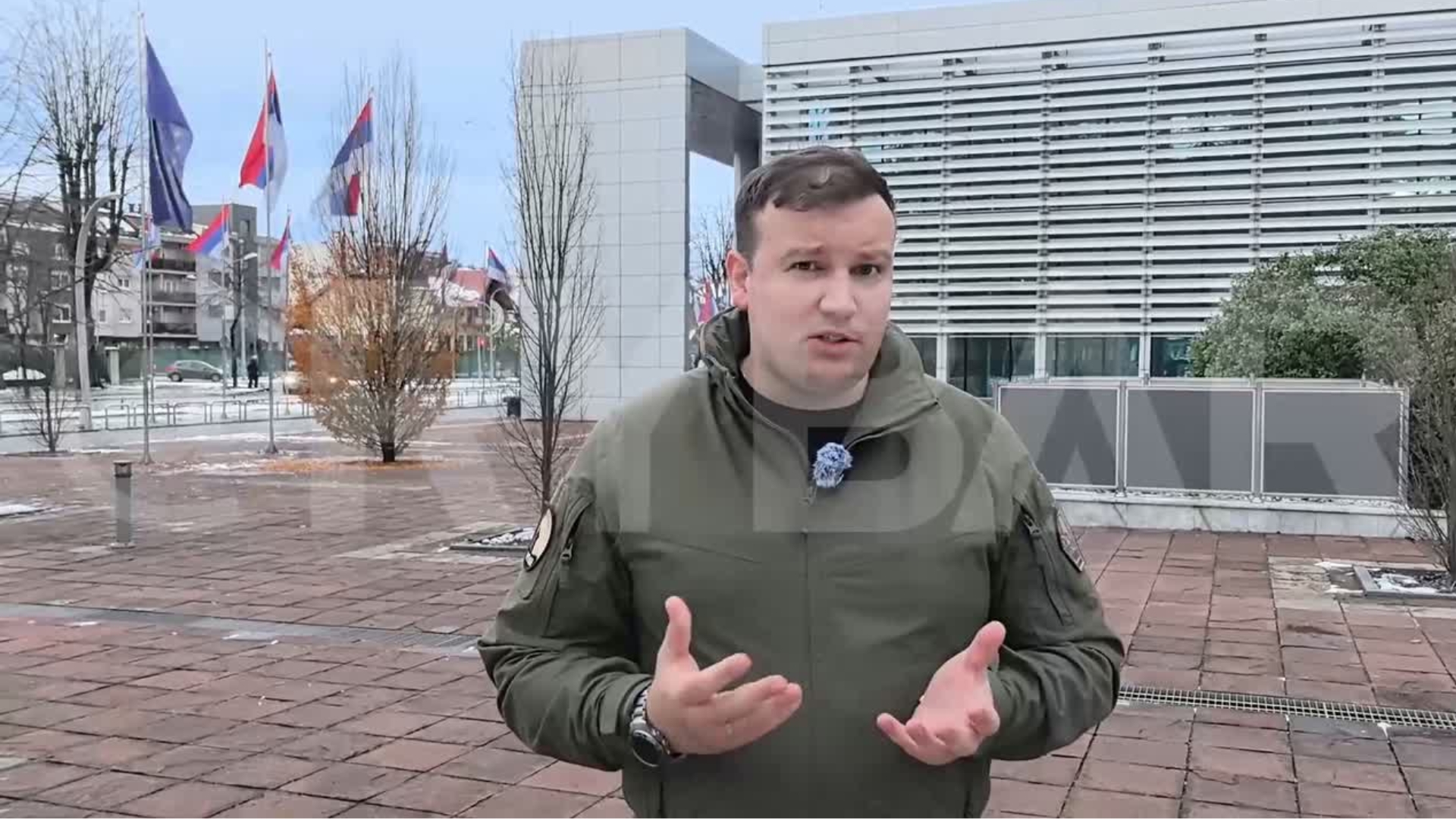This post is also available in: Bosnian
As leaders from the Western Balkans and the EU gathered in Vienna for the second leg of the Berlin Process, about 200 civil society activists and members of think tanks and the media discussed their proposals and concerns for the region.
In joint recommendations presented by BIRN’s Macedonia Country Director and Balkan Insight’s managing editor, Ana Petruseva, on Thursday, activicts urged the Western Balkan states to continue their modernization process both in their own states and in the wider region.
The recomentations were presented to the Western Balkans leaders and EU officials and tackled three main topics – regional cooperation, freedom of expression and creating jobs and prosperity.
Civil society representatives voiced their concerns and put forward concrete demands, saying that greater civil society involvement could help push forward EU integration and reforms.
“Governments of Western Balkans should accept the civil society sector as an equal partner in the EU integration process and commit to funding civil society initiatives and networks that delivered tangible results,” the recomendations read.
Civil society actors say they can contribute toward policies and strategies for enhancing regional cooperation in the area of social development and help improve the institutional and legal environment for civil society regionally.
The recommendations said that improving mutual understanding, exploring and discussing difficult episodes in their common history remain important aspects of regional cooperation in which civil society can and should play an active role.
The recomendations emphasize the role and potential of civil society for EU integration, regional cooperation and energy or infrastructure projects.
The recomendations also urge Balkan leaders to secure freedom of expression, the independence of the media and greater legal protection and working conditions for journalists.
“The legal protection of journalists needs to be increased as well as their working conditions, improved through the social dialogue with employers, which would overall diminish their precariousness in working relations. Media owners should adhere to existing laws in regard to employment and working conditions”, the documents reads, adding that public broadcasters must be independent and regulatory bodies need to become free from direct or indirect government influence.
In the third discussed area – job creation and the labour market, civil activists urged the region’s governments to focus on re-starting production, modernising and supporting the agricultural sector and improve consumer protection.
The Civil Society Forum of the Western Balkans Summit Vienna 2015 is a joint initiative of ERSTE Foundation, Friedrich-Ebert-Stiftung, and Karl Renner Institute, in close cooperation with the Austrian Ministry for Europe, Integration and Foreign Affairs.


